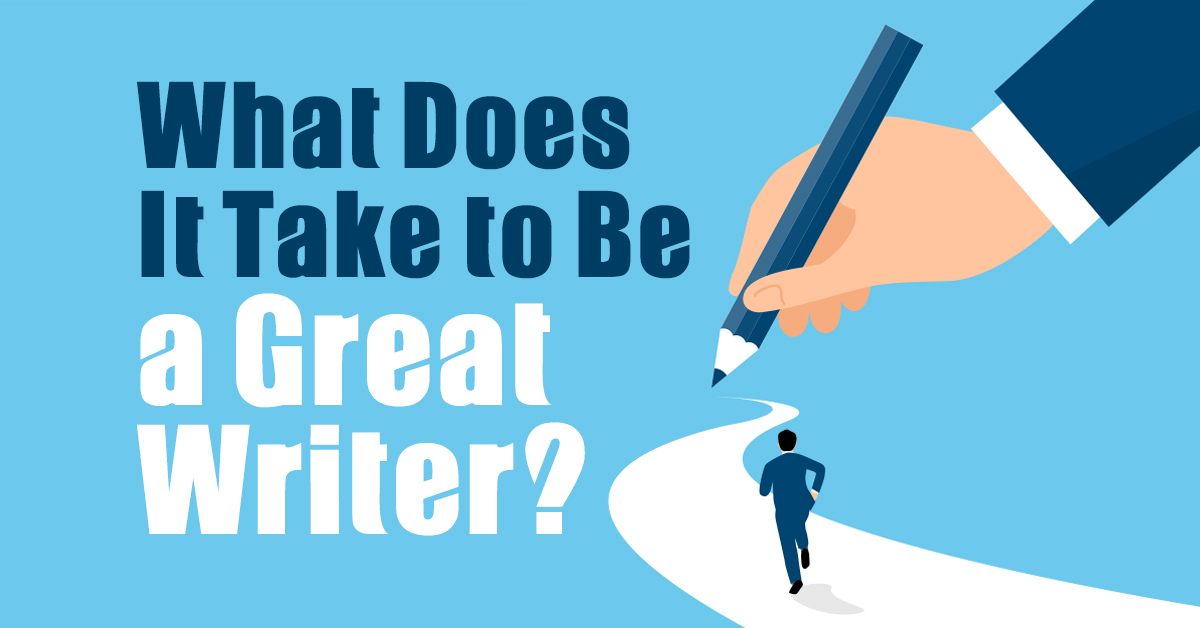I was just thinking about how much I love being a writer.🤓
 It’s always been that way.🤷♂️
It’s always been that way.🤷♂️
When I tell people the origin story of how I discovered copywriting, the first question they typically ask is: “were you always a writer though?”
The answer is yes.
Here’s the thing about copywriting:👇
I think anyone can do it. And I think almost anyone can make decent money from it.
But honestly, to be great at it, you’re going to need to love writing.
What does it take to be a great writer?
Emotion.
You’ve got to be able to feel the highs and the lows. You can’t run away from pain. You can’t punish yourself for feeling joy. Lean into your depression and your ecstasy with equal force.
Empathy.
You need to feel those same highs and lows in others too. Strangers. Siblings. Lovers. Friends. The people you despise. Your ghosts.
Persistence. There will be days of brilliance where the words flow-out of your hands until they've become cramped and claw-like. There will be days where you sit on a brown couch reading books about the Making of the Atomic Bomb and you don’t write a word. And, sometimes, there will be days of self-doubt, where you’re convinced you’re an imposter and everybody knows. You need all of those days in order to be great.
There will be days of brilliance where the words flow-out of your hands until they've become cramped and claw-like. There will be days where you sit on a brown couch reading books about the Making of the Atomic Bomb and you don’t write a word. And, sometimes, there will be days of self-doubt, where you’re convinced you’re an imposter and everybody knows. You need all of those days in order to be great.
Sensation.
You should be able to sit outside on a patio, on a warm late-spring day, and feel the breeze that brushes against your skin, smell the dirt and rocks from the mountains in the distance, hear the birds chirping in the trees, see the expanse of God’s Green Earth, and taste the coppery insides of your own mouth. Then, on your good days, you should be able to transfer all of those sensations into words on a page. I don’t mean writing about your surroundings. I mean imbuing the sensation you get into every word.
Dualism.
Seeing the world both as it is, and as it should be, without going insane. Being an optimist while recognizing the often-tragic nature of the human condition. Being both obsessive and detached from your craft.
—
You know, Hemingway always stopped writing mid-sentence. He knew that doing so would leave him wanting to continue, and he’d be excited to pick back up the next day. He also knew that if he left mid-sentence, it would be easier to gain momentum. It makes sense – you don’t stare at a blank page and think about what to write. Instead, you just start writing and complete what you were going to say.
I think there's…
– SPG
P.S. This post originally came from an email I sent to my private list. If you want to see more stuff like this from me, you can apply to join my list using this link

0 Comments